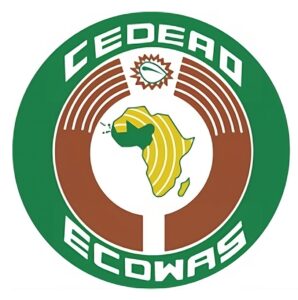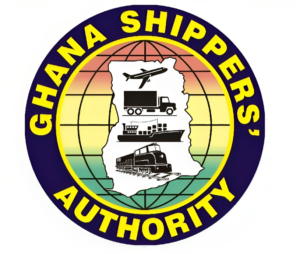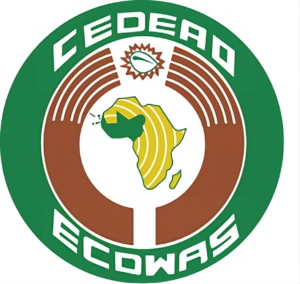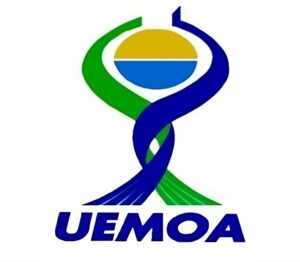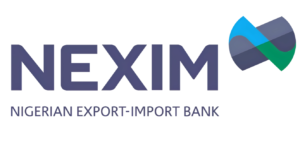
(+233) (0) 244 33 45 89
aeshun@borderlesswa.com
Member Fee: $80.00
Non Member Fee: $100.00
About the Event
Over the past few years, African supply chains and transportation networks suffered major disruptions; COVID-19 pandemic, the Ukraine crisis, locust infestations, droughts in Southern Africa and a growing terrorist threat in the Sahel. These and other crises make an integrated Africa more relevant than ever, intensifying the need to build a continent that is more resilient to external shocks.
The choice of theme for this year’s conference, Strengthening Regional Agricultural Value Chains to Compete in a Global Market, aims to counteract the effect of global value chain disruptions on food production and food security in Africa, by highlighting the need to focus on resilient and sustainable regional value chains. For this to materialize, there is a need to create the right policy environment and adequate infrastructure, to help local producers become more competitive on the regional, continental and global markets, with emphasis on the role of the AfCFTA in unlocking these regional value chains. While there are a number of West African Agriculture and agribusiness success stories, most Agricultural value chains suffer from poor infrastructure, weak coordination and limited trust among the key players, which translates into high costs and limited transmission of information and incentives.
The conference will provide a platform for public and private sector actors in agriculture, trade and transport to deliberate on these pertinent issues, in order to lay a foundation for coordinated policies and economic activities, to help identify the sources of the challenges and agree on measures that need to be put in place by various stakeholders in order to ensure competitive trade of the region’s agricultural products.
Lastly, the event will emphasize the importance of access to adequate data to help policymakers and economic operators to make informed decisions, which enhance the policy environment and create an enabling business for West African agriculture and agribusiness.
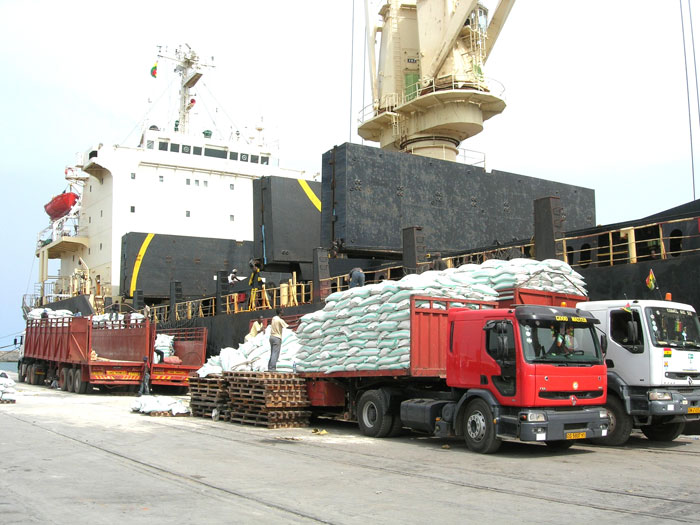
CONFERENCE FORMAT
AND
OPPORTUNITIES
For two days, the conference will offer a platform for sharing of knowledge, initiatives and experiences as well as provide opportunities for advocacy and business networking.
The opening ceremony of Borderless 2023 will take place in the morning of Day1, in the presence of the authorities of the Republic of Ghana, the authorities of the Regional Economic Communities (ECOWAS and UEMOA), government representatives, regional development partners and private sector actors. During the opening ceremony, the main theme of the Conference will be presented by a key partner.
After the opening ceremony on Day 1, and during Day 2, the Conference will revolve around the following sub-themes, which will be the subject of presentations and discussion panels:
- Challenges and Opportunities in regional agricultural value chains, from a continental perspective
- Enhancing access to finance, to develop regional value chains
- Digitalization as a tool to transform regional agricultural value chains
- Promoting joint action to reduce the cost of regional food and agriculture production and trade
sub-themes
Challenges and Opportunities in regional agricultural value chains, from a continental market perspective
The West Africa food economy has vast growth potential, as it represents USD 260 billion (or 35% of West Africa’s GDP) and accounts for 66% of the region’s total employment. However, ECOWAS countries’ participation in global and regional value chains remains very low. The bulk of the products exported is still at an early stage of processing and have little value‑added. It is also estimated by that non-tariff barriers increase the final price of food products in West Africa by 15-30%.
Key challenges of regional agricultural value chains today include poor quality of storage facilities and inadequate road infrastructure, which lead to high post-harvest losses; weak market linkages, both domestically and regionally; poor safety standards; and lack of consumer trust in the quality of local agricultural produce.
The panel will highlight key causes of these challenges faced and suggest practical ways to address them, in order to increase competitiveness and the ability to thrive in global markets.
Enhancing access to financial services and products, to develop regional value chains
Beyond having the finances to start cultivating crops or rearing livestock, access to adequate sources of affordable funding is also required at each stage of the value chain, because of the costs that are associated with different actors. Given the continued challenges that farmers face with accessing funding, including lack of relevant financial products and lack of access to loans and low-interest loans, lack of access to financing is a major roadblock for developing these value chains.
Enhanced access to finance will provide the flexibility in pursuing various models of agri-business growth that will help harness the benefits of agricultural value chains for the continent.
The panel will discuss financing models and options initiated by various partners, as well as practical steps needed for agriculture stakeholders to take advantage of these opportunities and grow their value chains to compete in global markets.
Digitalization as a tool to transform regional agricultural value chains
Digital transformation is key to the successful implementation of the AfCFTA, which is intended to break down barriers to trade on the continent and unleash untapped import and export potential.
The rapid proliferation of information and communication technologies (ICTs) offers great promise for transforming smallholder agriculture in Africa. Going beyond the narrow view of “technologies” as a tool, the broader concept of “digitalization” is a potential game changer. Building climate resilience for smallholder farmers to boost productivity; improving access to financing for all stakeholder groups to increase profitability along the value chain; and addressing social inclusion gaps for youth, women, and other marginalized groups are some of the areas that digitalization can be effectively deployed in building more efficient food systems.
This panel will showcase various initiatives in place to support agricultural value chain stakeholders to embrace digitalization and show the potential impacts this will have on their businesses, building their capacities to thrive in global markets.
Promoting joint action to reduce the cost of regional food and agriculture production and trade
In recent years, there have been numerous initiatives to address the many challenges to regional agriculture. This has resulted in a multitude of specialized development partners, institutions and numerous regional networks of socio-professional organizations, programs and policy proposals, with overlapping mandates and very limited resources with which to pursue their aims.
In this context, it becomes increasingly important to define an overall framework for integrating and harmonising interventions by multiple sub-regional organizations. This will be crucial in enabling West African agriculture to meet regional demand and reposition itself on the international markets.
Programs like the ECOWAS Regional Agricultural Policy for West Africa (ECOWAP), and initiatives like the Food Trade Coalition for Africa (FTCA) are expected to contribute to addressing this. The panel will provide the opportunity to seasoned experts to sensitize stakeholders on the key aspects of this policy. Private sector input will also assess the policy to determine whether it is having the desired impact and where some improvements may be needed.
OTHER ACTIVITIES
On the sidelines of the conference, Borderless Alliance will hold its Annual General Assembly to examine the activity reports and financial statements for 2022 and give directions to the Executive Committee and the Executive Secretariat in the context of steering the activities of the Alliance.
There will be opportunities for members to display their products at the event venue and various networking.
FIELD VISIT
The conference will consider the possibility of a field visit for conference participants to the premises or factory of a member organization within the Accra/Tema area, operating an agricultural value chain (import/production of raw materials, processing, production of semi-finished and finished food products, exportation, etc.). A tour of such a facility will provide a better understanding of the manner in which the various activities in the value chain come together to make the final product available to the end consumer.
Partners & Sponsors
